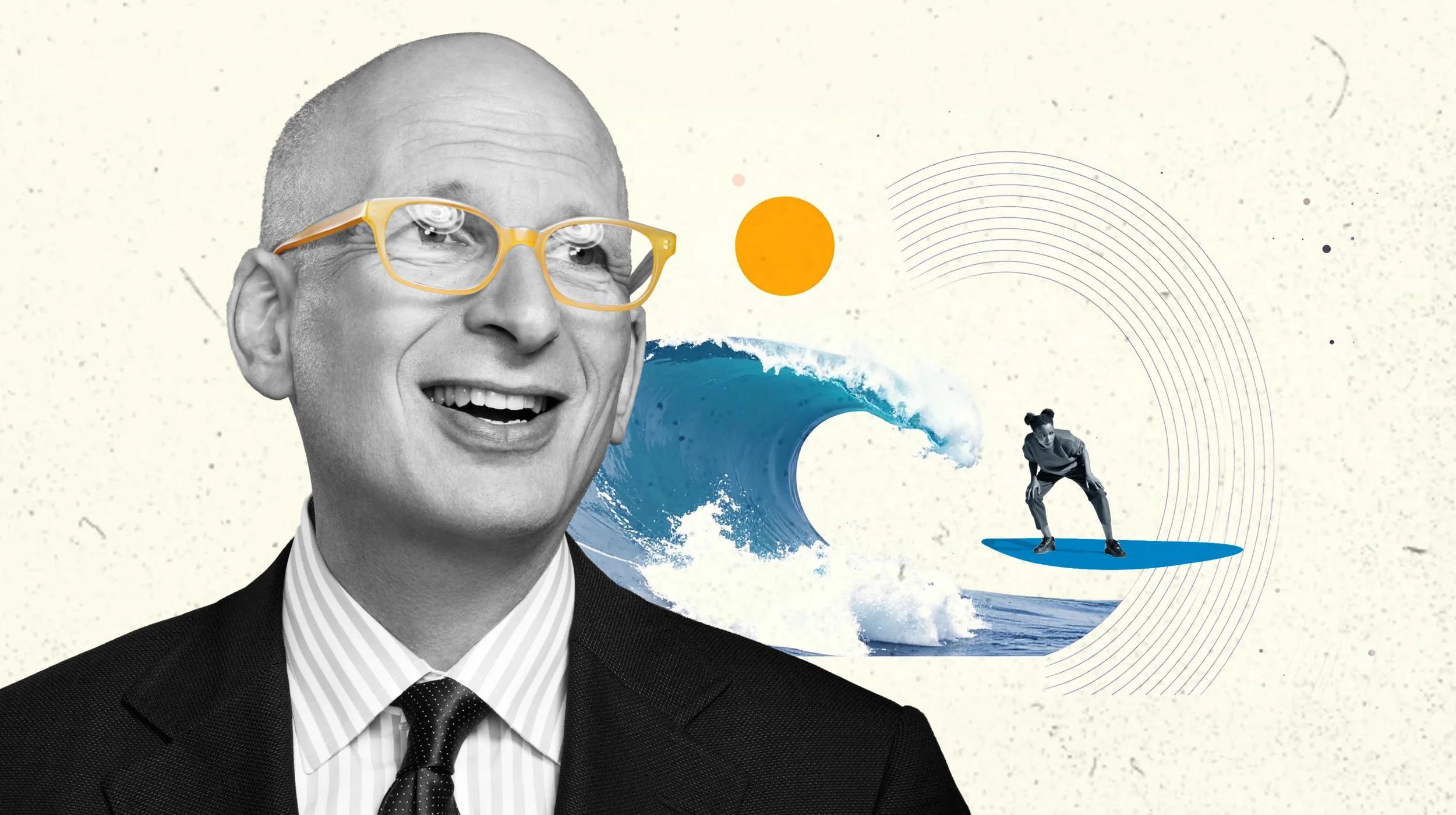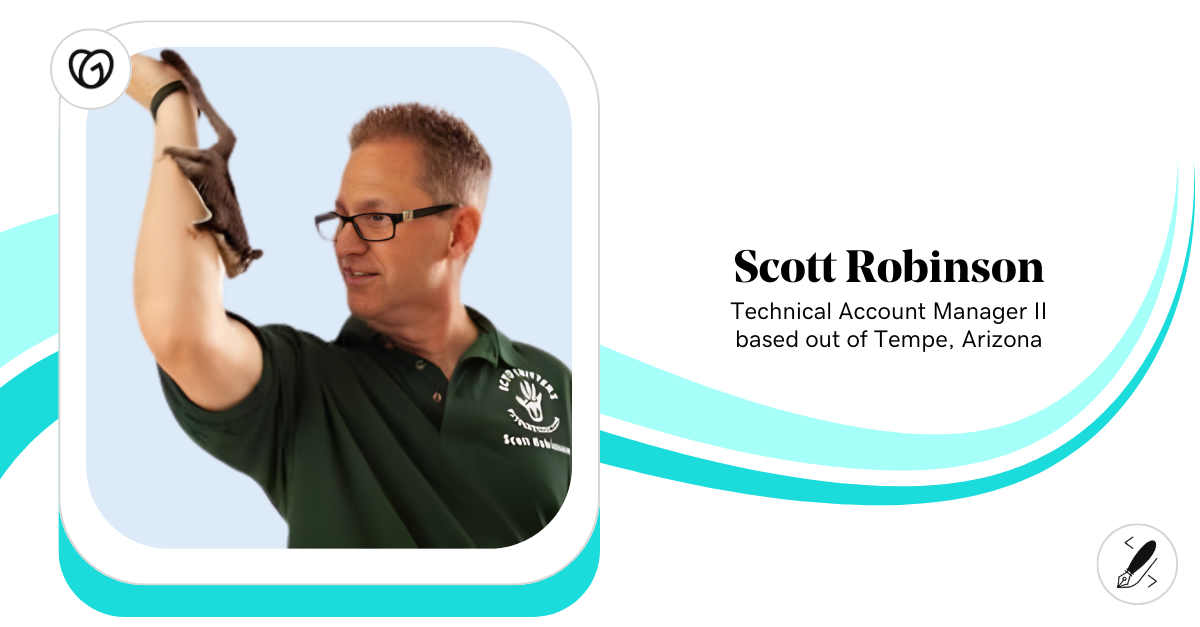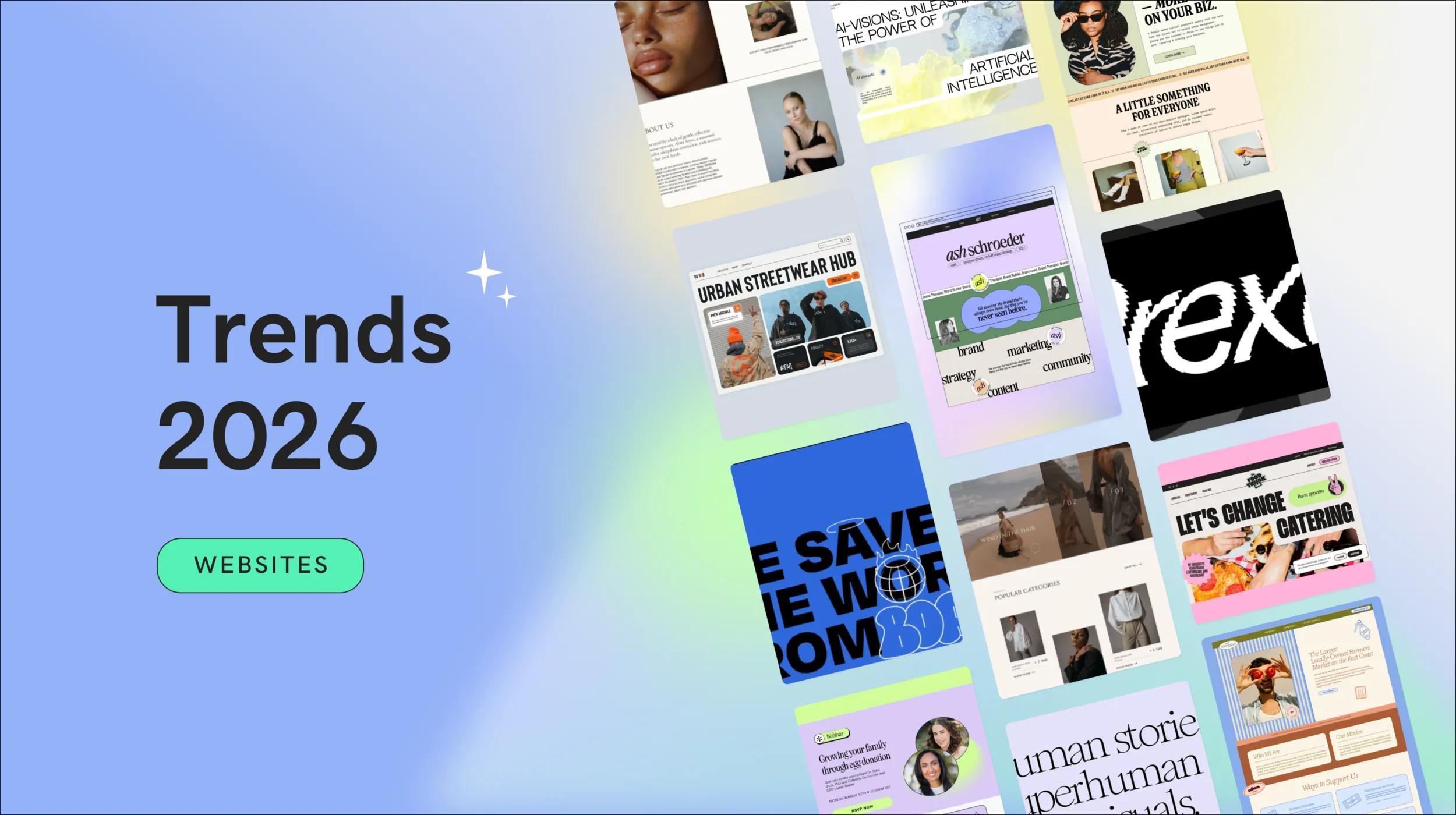The world is upside-down crazy. And this is as normal as it will ever be again.
Both sentences are true.
The ability to connect is here. Right now. You and billions of others, linked for free, in an instant—but only if they choose to listen.
The AI that costs a trillion dollars to build? You can rent it for the price of a latte.
Every book, every insight, every piece of human wisdom (and yes, every piece of garbage too) sits one click away.
International trade is shifting. Markets are in turmoil. Generations expect something different. The climate isn't waiting.
Economic uncertainty is real. It's everywhere we look, and predicting the future keeps getting more difficult.
None of this was supposed to happen so soon. The world is spiraling faster, and the future seems impossible to predict.
Good.
Good?
If you're running a small business, change is an opportunity.
It would be better if all of the changes were positive. But the tumult and uncertainty we're surrounded by is exactly what small businesses must choose to thrive on if we're to have a chance against the big guys.
Market-leading corporations are purpose-built for yesterday. They work hard to minimize uncertainty and to maximize productivity. They're optimized for efficiency, not adaptation, and their biggest threat is change. Just ask Kodak. They invented digital photography and lost their nerve. Western Union passed on buying AT&T so they could focus on making better telegrams. And Yahoo walked away from acquiring Google.
On the other hand, small enterprises like yours are built on resilience. It's never been easy, alas, and it's unlikely to get easier. Big fish get the easy wins, and we're left scrambling for what they miss.
Small business is hard—thin margins, short runway, uncertain future.
One approach is to say, "we're going to succeed despite the economic and structural uncertainty we face."
Perhaps it's more useful to say, "we're going to thrive because of that uncertainty."
Your project can be built around resilience. If you're betting that the world will change faster and more completely than the competition expects, you're probably making a safe bet.
Small business isn't a miniature version of big business. It's a completely different calling, an opportunity to solve problems that aren't of interest to the MBAs in their skyscrapers.
Big companies play golf. They seek to gradually lower their score on a course that never changes. Not us. We're surfing.~ Seth Godin
A better surfer picks better waves. And the fact that the waves are constantly changing isn't a problem, it's the point.
Bringing systems to uncertainty
Resilience is not about bouncing back. It's about bouncing forward.
Most small businesses prepare for yesterday's storm. They build thicker walls, stockpile more cash, hunker down harder. Mostly, they get more brittle. This isn't resilience—it's hiding.
Real resilience is a strategy. And strategy isn't a plan. It's a philosophy of becoming.
The four engines of strategic resilience
- Systems aren't permanent, even when they feel like it. The music industry learned this when Spotify arrived uninvited. Taxi drivers discovered it when Uber showed up. Your industry's "that's how we've always done it" is probably next.
- Games have rules, but the rules keep changing. The game of getting noticed used to require a Yellow Pages ad. Now it requires understanding algorithms you can't see, serving customers who ghost you, and competing with AI that never sleeps.
- Time is your only renewable resource, but most of us spend it like it's disposable. You will either thank yourself for the decisions you make today or be haunted by them twelve months from now. Choose accordingly.
- Empathy is the hardest work because it requires abandoning your assumptions. Your customers don't want what you want. They don't see what you see. They don't care about your craft nearly as much as they care about their problem.
The disruption dividend
When the ground shifts, two types of businesses emerge: those that need stability to function, and those that profit from instability.
The first group waits for clients to feel safe. "Call us when things settle down." "We'll revisit this when the budget is approved." "Let's see what happens after the election."
The second group surfs instead of golfs. They've built their value proposition around the fact that things won't settle down. That budgets will stay tight and that systems will keep changing. That the only constant is change.
Choose your focus
The smallest viable audience isn't a limitation—it's a superpower. When you try to serve everyone, you serve no one particularly well. When you choose the few, you can become indispensable to them.
Customer traction only comes to small businesses that found the guts to lean into the specific and walk away from the general.
"You can pick anyone, and we're anyone" is the desperate cry of the commodity producer.
"You'll pay more, but you'll get more than you paid for" is the confident promise of the hard to replace.
Yes, it's frightening. What if you choose your customers but they don't choose you back? Good. That fear is information. It tells you the stakes matter. It gives you focus, feedback, and a faster path to innovation.
Name the focus
The unspoken system behind just about every business decision is, “I see the world as it is, and this is the best way for us to deal with that.”
But in uncertain times, there’s a benefit to saying, “we’re making a bet about how the world will be. We’re unable to prove that we’re right, but we can build a team and an offering that thrives on change. The only thing that can undermine us is stability.”
Can you imagine a Fortune 500 company pitching this to its shareholders? They can’t, but you can.
That’s almost as hard to write as it is to read, but it’s also the safest bet we can make.
The uncertainty advantage
The forecast calls for continued storms. More disruption, not less. More change, not stability.
You can build your business to require calm seas, or you can build it to thrive in rough waters.
The choice is yours. But choose quickly—the storm isn't waiting.
Useful tactics for crazy times
- Focus on new tools. Spend more of your time and focus on AI than your bigger competition does. Embrace innovation at a speed that scares them.
- Become efficient in ways the big companies fear. Put AI and other tools to work in ways that they can’t justify. They have to change an entire division. All you need to change is your mind.
- Embrace the network. Does your work get better when we are more connected to each other?
- Seek customer traction. If your customers are coming back for more and telling their friends, you’re on to something. Customers don’t need more hustle or hype, they’re seeking value and the changes that matter to them.
- Offer your customers flexibility, speed and resilience. You can’t out Fortune the Fortune 500.
- Obsess about the smallest viable audience. Don’t make something for everyone, make it for someone. If you can put yourself on the hook for the right group, the word will spread on its own.
- Look for the systems you are part of. We’re not stuck in traffic, we are traffic. If the system is fragile, make it better or find a new one.
- Choose a strategy. Go where they won’t. Delight customers instead of shareholders.
- Amplify resilience. When given the choice between brittle efficiency and long-term resilience, choose to stick around for the long term.
- Avoid shortcuts. Seek out paths that get better the more you travel them, and make bets that thrive on uncertainty.
- Ship before you're ready. Perfect is the enemy of good. Launch your minimum viable contribution and improve it in public with real feedback from real people.
- Charge for outcomes, not hours. When you sell time, you're teaching customers that time is what matters. When you sell results, you're positioning yourself as indispensable.x
- Double down on trust. In a world of deepfakes and AI-generated everything, being genuinely human becomes your competitive advantage. Show up consistently, keep your promises, and own your mistakes.
- Learn faster than the market changes. The half-life of skills is shrinking. Make continuous learning your core competency, not just something you do when you have time.
- Build for the margins, not the middle. The middle is where everyone competes on price. The margins are where people pay premiums for exactly what they need.
- Make it harder to leave than to stay. Instead of trying to acquire more customers, focus on making your existing customers more successful. Integration beats acquisition every time.
- Turn constraints into features. You're small, so you can be personal. You're new, so you can be fresh. You're local, so you can be responsive. Your limitations aren't bugs—they're features waiting to be discovered.







